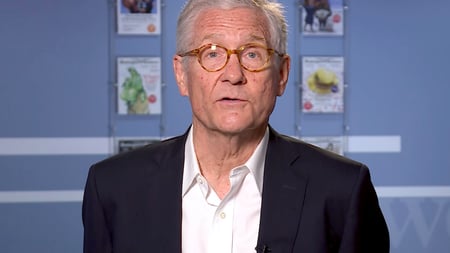The UK’s National Cyber Security Center, which is a public-facing branch of the UK’s GCHQ spy agency, has published the latest cyber attack claims — writing that it has “identified that a number of cyber actors widely known to have been conducting cyber attacks around the world are, in fact, the GRU”.
The hackers used Mimikatz, a hacking tool used once an intruder is already in a target network, to collect credentials, and two other kinds of malware: X-Agent for taking screenshots and logging keystrokes, and X-Tunnel used to exfiltrate massive amounts of data from the network to servers controlled by the GRU. Mueller’s report found that Unit 26165 used several “middle servers” to act as a buffer between the hacked networks and the GRU’s main operations. Those servers, Mueller said, were hosted in Arizona — likely as a way to obfuscate where the attackers were located but also to avoid suspicion or detection.
According to a report in the Dutch newspaper de Volkskrant, the General Intelligence and Security Service of the Netherlands (AIVD)—the Netherlands' domestic intelligence service—had hacked into the network of a building at a Russian university in Moscow some time in the summer of 2014. The building housed a group running a hacking campaign now known as "Cozy Bear," one of the "threat groups" that would later target the Democratic National Committee.
AIVD's intrusion into the network gave them access to computers used by the group behind Cozy Bear and to the closed-circuit television cameras that watched over them, allowing them to literally witness everything that took place in the building near Red Square, according to the report. Access to the video cameras in a hallway outside the space where the Russian hacking team worked allowed the AIVD to get images of every person who entered the room and match them against known Russian intelligence agents and officials.
We have substantial digital evidence of the Russian hackers.
True. Never said Russia doesn't hack. Everybody is hacking. Saw a blurb somewhere that Russia was recently hit with a serious, debilitating hack. I'll try and find it, at some point.
My point is simply that, I am not convinced that the Russians actually had any influence over our 2016 election. First, there was no logical, ideological reason for Russia to prefer Trump over Hillary. Secondly, the Bot-farms didn't do enough to really influence anything. Thirdly, The primary claim as originally put forth by Hillary, was that Russia hacked the DNC servers. Clapper followed up by driving the narrative from the intel side. The DNC refused to allow forensics by the FBI. Clapper is associated with Crowd Strike and in particular the guy who headed up the Crowd Strike analysis. I don't trust anything about Clapper or Brennan. I believe the current investigations by Barr, Durham, Huber, etc will confirm my belief of their complicity. Backing up my suspicions, is the fact that the gov't, when compelled by Roger Stone's legal team to prove that Russia hacked the DNC, could not.
Link to Russia being hacked:
https://www.redstate.com/elizabeth-vaughn/2019/07/21/russias-fsb-hacked-largest-data-breach-history/

